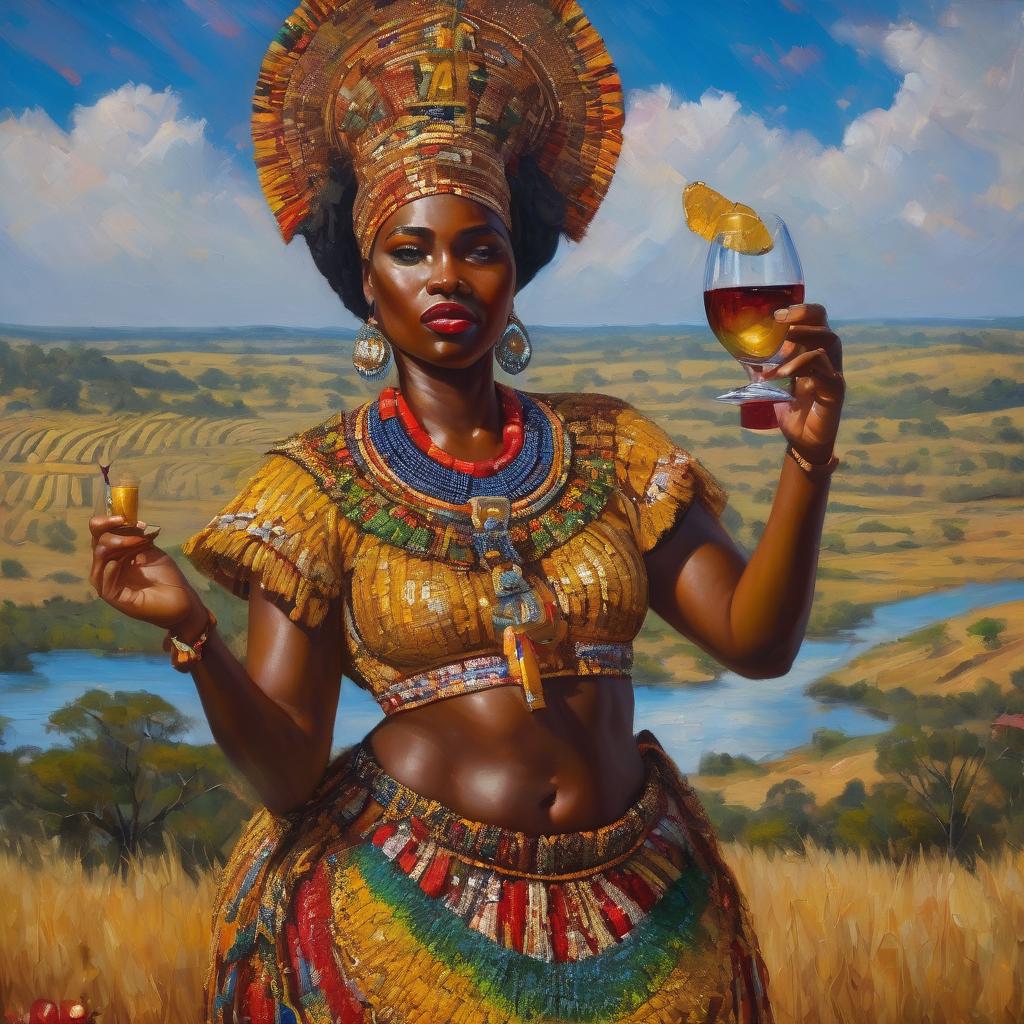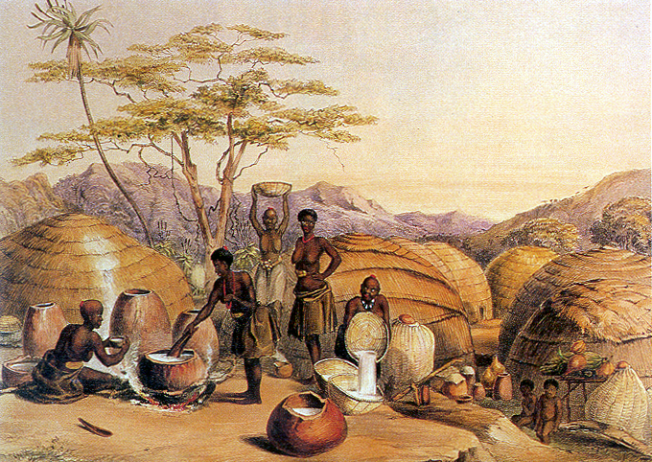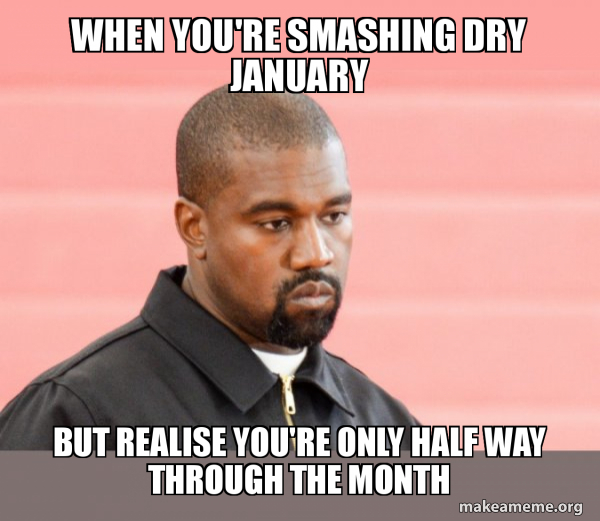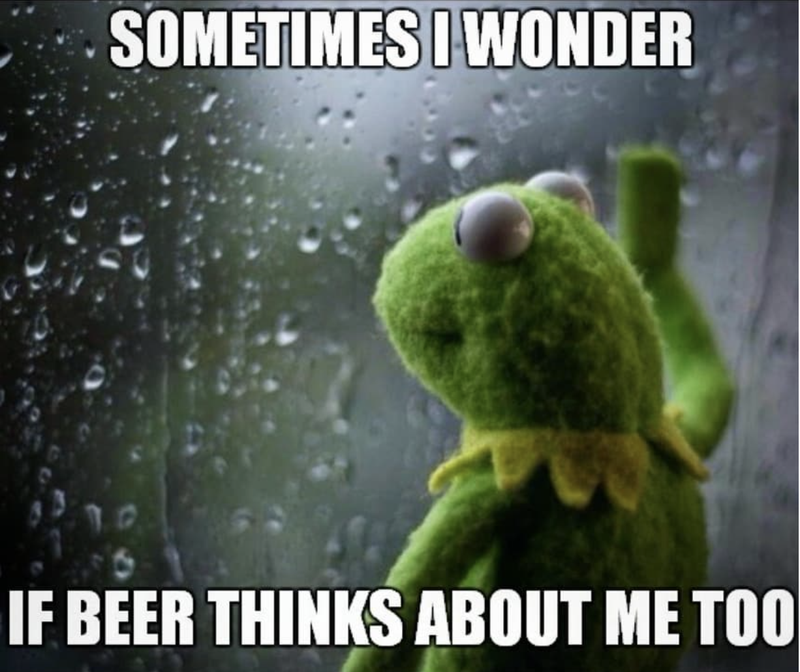Like many, I am currently in the throes of “Dry January“—a time when many abstain from alcohol, but I can’t help but ask myself whether this is an exercise in sobriety, moderation, or groupthink. The World Health Organization (WHO) declared that “No level of alcohol consumption is safe for our health”, yet the social and scientific reasons against alcohol consumption have not stopped society from indulging. Despite a recent statistical decline in alcohol intake in some areas of the world, there are still areas experiencing a steady increase.
The lingering love of libations will always have deep roots in human history. From ancient civilisations to the present, drinking has been intertwined with social, cultural, and religious practices. In ancient Egypt, beer was a staple, and in Greek and Roman societies, wine was central to gatherings like philosophical symposiums. From Shezmu in Egypt to the Sumerian beer goddess Ninkasi in Mesopotamia, Du Kang in China, and Dionysus in ancient Greece, the deities of drinking played pivotal parts in rituals, social bonding, and cultural identity.

Mbaba Mwana Waresa, a Zulu fertility goddess, holds a pivotal position in Southern African mythology. Also known as Nomkhubulwane, the goddess resides in a cloud-based round hut of rainbow arches and can shapeshift. Mbaba Mwana Waresa oversees rainbows, agriculture, fertility, and beer. In the Zulu tradition of brewing umqombothi, a sorghum-based beer, the deity’s role is connecting mortals with their ancestors and gods.
Further afield, Yasigi is known as the well-endowed Dogon deity of Dancing, Beer, and Masks. Revered as the ultimate reveller, Yasigi is often depicted with ample bosoms and a beer ladle, often engaging in a lustful dance. In African mythology, Yasigi presides over the Sigi ceremony, held every sixty years to honour the creation of the Mask of the Dead.

Colonialism and the subsequent spread of Christianity have led to the decline of beliefs in wine gods from the ancient world and the homogenisation of drinking practices. But even in the heteropatriarchal Judeo-Christian narrative, the ultimate protagonist—Jesus Christ, is famously known for having turned water into wine during a wedding celebration at Cana in Galilee.
In a 2021 article, Tony D’Agostino explored the rise of alcohol consumption globally amid the transition from agrarian to industrial economies, suggesting that alcohol became a coping mechanism. The “Gin Craze” in the late 18th and early 19th centuries saw a significant increase in alcohol consumption in the UK, with similar trends in Germany, France, and Italy during the Industrial Revolution. The American Gilded Age increased alcohol indulgence, leading to Prohibition; and in Russia, vodka became a symbol for industrialisation, prompting government efforts to curb excessive consumption.
Increasing alcohol consumption brought drawbacks like injuries, accidents, and adverse health impacts on various bodily functions. Some obvious consequences include embarrassment, bedwetting, sleep disruption, nightmares, and hangovers. Today, alcohol has become demonised, described as a poison and a class 1 carcinogen, with its consumption often likened to the abuse of one’s organs.

In podcasts like the Huberman Lab, episodes like “What Alcohol Does To Your Body, Brain & Health” use scientific insights to highlight the risks of alcohol consumption. Dr. Andrew Huberman cites ethyl alcohol (ethanol)—the only safe type for human consumption as toxic. Upon ingestion, ethanol damages cells, poses risks to the liver, disrupts neural circuits (particularly in the prefrontal cortex), and prolonged consumption can limit memory.
Yet despite scientific advice and moral injunctions, drinking retains its allure. Whether seeking solace with a quiet glass of wine at home, enjoying a night out with friends, toasting at celebrations or partying in taverns, pubs and clubs, drinking has proven resistant to persistent efforts to eradicate it. This was palpable in South Africa during the pandemic when an alcohol ban led to a surge in drinking culture.
In 2021, Savanna Cider went as far as distancing itself from the Savanna Challenge, a viral trend where participants balanced bottles of alcohol on various body parts. Despite its social media popularity, Savanna’s officials like Marketing Manager Eugene Lenford, deemed the trend “irresponsible and damaging,” especially during the alcohol ban in Level 3 Lockdown. In fact, like in prohibition times, the persistence of the popular trend showed that negative messaging around alcohol consumption did nothing to dissuade consumers.
While acknowledging the informative perspectives of experts like Dr Huberman, the intersectional implications of this viewpoint are undeniable. As a successful cis white male, Huberman may not personally need or desire alcohol, but those on the margins may. Also, considering the general mistrust of the health system and the sciences in communities of colour and the higher susceptibility of men to heavy episodic drinking, gender dynamics, economic conditions, and pre(de)-colonial perspectives are nuances of the intersection of alcohol consumption and holistic well-being.
In an age of self-diagnosis and online medical information, people tend to focus on potential benefits like a slight reduction in heart disease risk, but this is not where we’re coming from. We caution against excessive alcohol intake. Even within the definition of moderate alcohol use, up to one drink per day for women and up to two for men, there are risks. We simply recognise that alcohol itself is not to blame. The real issue is the toxic culture of dissipation and deprivation. We boldly dare to honour alcohol’s heartening hand in human history.



*Thumbnail Image courtesy of Gomen Studios



















































